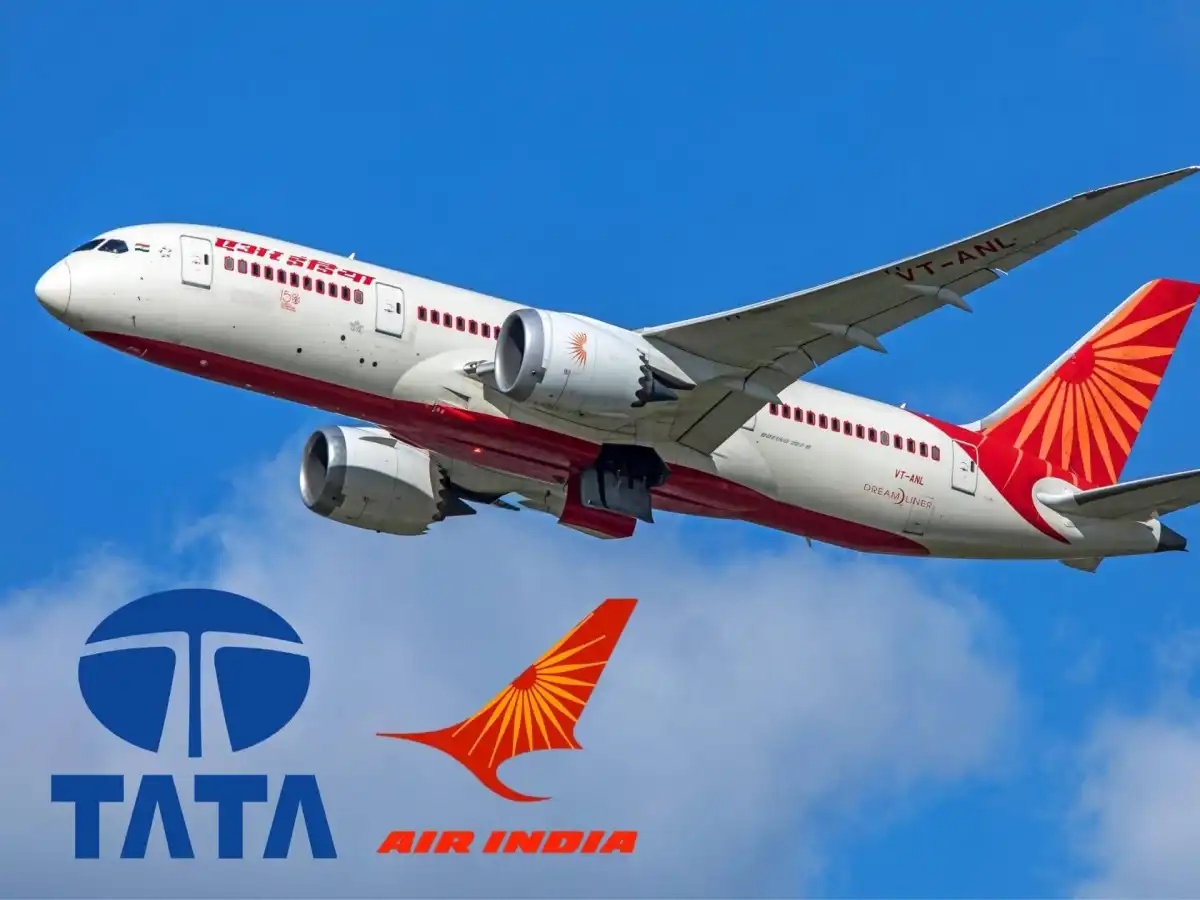The aviation industry witnessed a significant shift this year, particularly concerning Tata Group’s ownership of Air India and the substantial changes in Airbus’s orders. Let’s delve into the details and understand the impact of these transformations.
Tata Group’s Air India Acquisition: A Game-Changing Move
In January 2022, Tata Group orchestrated a monumental acquisition, taking over the reins of the struggling yet iconic Air India. This strategic move hinted at substantial changes within the aviation landscape, setting the stage for subsequent developments.
Airbus’s Dynamic Order Alterations
Amidst the industry’s ongoing evolution, Air India’s altered order of 250 aircraft from Airbus further highlighted the shift. The original order included a mix of 210 smaller A320neo and 40 larger A350 aircraft. However, recent reports reveal a drastic modification in this arrangement.
According to industry insiders, Air India revised its order with Airbus, now favoring 140 A321neo and 70 A320neo aircraft, deviating from the initial plan. Additionally, the 40 A350 orders saw adjustments, with six A350-900 and 34 A350-1000 aircraft in the mix.
Insights from Stakeholders
When probed about these alterations, Air India’s spokesperson emphasized, “We regularly review our order book based on commercial needs and opportunities.” Airbus responded, stating, “Our strategy relies on our customers to disclose their plans.”
Impact on the Aviation Industry
This significant shift not only alters Air India’s fleet composition but also resonates within the broader aviation sphere. The move underscores a strategic reevaluation of aircraft preferences, potentially indicating market trends and competitive strategies.









